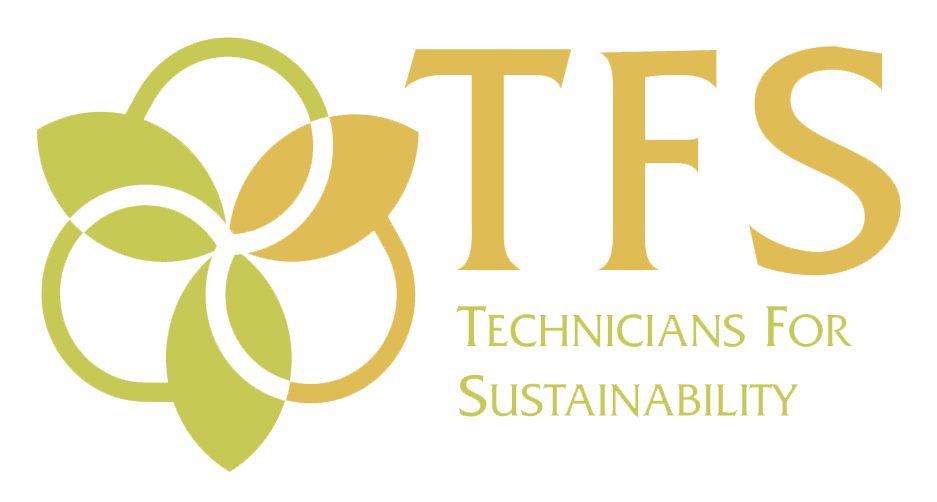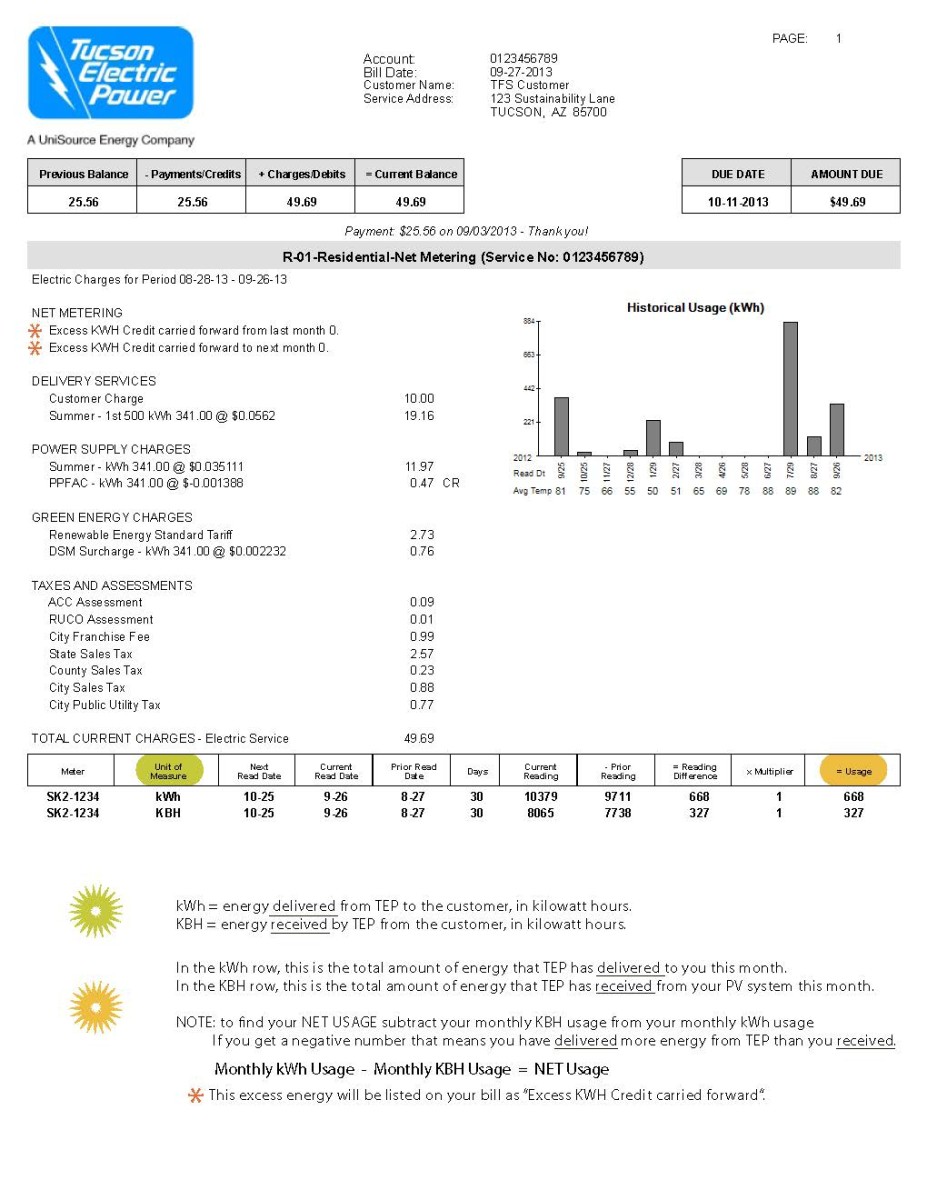1. Lock in your electricity rates
Investing in a solar electric system is like buying 30 years of electricity at a fixed rate, thereby reducing your exposure to rising utility rates. According to the U.S. Energy Information Administration, Arizona had the third highest utility rate in the western U.S. in 2009 (following California and Oregon). And, as the prices of coal and natural gas increase, the utility provider will continue to pass on the cost to you through future rate increases. Solar provides long-term financial benefits by saving you money on electricity costs.
2. Increase the value of your home
Solar homes make their own electricity and therefore have lower operating costs than a comparable home without solar. The cost of your solar electric system is often offset by the increased property value of homes that make their own electricity. According to the Appraisal Journal of the National Appraiser’s Association, a solar electric system may increase the value of your home by $20 for every $1 saved in annual utility expenses. Even though solar may increase the value of your home, Arizona state law prohibits it from increasing your property taxes.
Also, solar energy can be one of the best home improvements you make in terms of return on invested dollar. Even in a down economy, the U.S. DOE’s office of Energy Efficiency & Renewable Energy stated that a home that produces its own electricity sells twice as fast as a home without solar. Lennar Homes saw solar homes selling at a rate of 4.6 homes per month, while only 1.9 non-solar homes were being sold per month, during that same time period.
3. Solar is a bright investment
With an average return on investment (ROI) of 10%, you can diversify your investment portfolio with a wise, low-risk investment in solar electricity that pays better than CDs and is safer than the stock market. Also, the more utility rates increase the more your solar system will save you. To read more about individuals who are choosing to invest in solar over the stock market click here.
4. Be good to Mother Nature & future generations
Help reduce global warming one rooftop at a time. Solar is a renewable, non-polluting energy source. When your home produces its own electricity, you reduce the amount of coal powered electricity you pull from the utility grid. This means fewer emissions, less pollution, and cleaner environment. Coal and natural gas emissions directly contribute to smog, acid rain, and global warming, which affect public health and our society’s future. When you go solar, you can feel good knowing that your household electricity consumption will not contribute to resource scarcity for future generations.
5. Worry Free
TFS provides a 10-year workmanship warranty on all of our solar installations, and our solar panels come with a 25-year manufacturer’s warranty. With no moving parts, solar electricity systems require no maintenance and are designed to operate for 30+ years.
Also, using electricity produced by your own solar electric system is like eating vegetables grown from your own garden. You have the peace of mind of knowing how your power is produced and where it comes from.
6. Solar keeps money and jobs close to home
When you make the decision to go solar it creates jobs and improves the economy. For every six homes that go solar, one new job is created in Tucson. Furthermore, by simply having the solar federal tax credits extended 8 years, the solar energy industry alone could provide almost half a million permanent jobs and $232 billion in investments!
7. Your mini power plant is more efficient than the grid
When there’s a mini power plant on your roof, you can stop wasting energy and money, because you are making energy right where you use it. Solar electricity is produced locally and reduces the need for new transmission infrastructure, huge mining operations, and fossil fuel resources from abroad. According to the Energy Information Association, when electricity is transferred hundreds of miles through the grid and to your home 10% is lost as heat. Furthermore, when fossil fuels are converted to electricity 67% of the energy is lost. Now that’s not efficient at all.
8. Solar has never been more affordable
With the combination of the $1,000 Arizona state tax credit, a 30% federal tax credit, and utility rebates that offer a cash rebate of up to 60%, the cost of your solar electric system is significantly reduced. It’s important to note that these tax credits will not last forever; the federal tax credit will expire in 2016, while the state tax credit will expire in 2012. Also, utility rebates are structured to decrease steadily over time. As the number of solar installations goes up, the generous utility rebates will go down. A word to the wise… financial incentives have never been better than they are right now.
9. Help reduce the negative health consequences of coal powered electricity.
Coal combustion releases mercury, particulate matter, nitrogen oxide, sulfur dioxide and dozens of other substances known to be hazardous to human health. According to a report published by Physicians for Social Responsibility, coal emissions directly contribute to four of the top five causes of mortality in the U.S. These include respiratory, cardiovascular, and nervous system illness as well as the hazardous impact of global climate change on health and wellbeing worldwide.
10. Be an inspiration
Being the first on your block to install a solar electric system will inspire your neighbors to make the switch to solar too. Our customers realize that their efforts are part of a number of steps to a larger goal – living in harmony with our environment. We find that inspiration is a strong reason why many of our customers choose to install PV. They are very excited when they realize that going solar is easy and they can absolutely live in line with their values.
As part of our commitment to community outreach, TFS offers to sponsor an Open House after your system has been installed. We will provide refreshments, a tour of your system, and a presentation detailing many great aspects of your new solar PV system. Our customers enjoy having their system be a source of inspiration and education for their friends, family, and neighbors.


